If you earn $90,000 per year and live in California, you will pay $16,687 in taxes. Your average tax rate is 13.40%, while your marginal rate is 22%. This marginal tax rate indicates that your immediate increased income will be taxed at this rate.
What Taxpayer Need To Know About California Taxes Rates
In general, if you are a California resident or nonresident earning money directly from a California source, you are required to pay state taxes. The California income tax rate ranges from 1% up to 12.3%, and the sales tax rate goes from 7.25% through 10.75%.
California offers several tax deductions and credits to help you pay less in state taxes, including deduction & itemized deduction, earned income tax credit, child and dependent care credit, as well as the college access tax credit.
Read more: California Property Taxes: Complete Guide
California Income Tax Rates Apply for Single, Married, or Registered Domestic Partner Filing Separately
| If Your California Taxable Income Is Over: | But Not Over: | Your Tax Is: |
| $0 | $10,412 | 1% of your income |
| $10,412 | $24,684 | $104.12 + 2% of the excess over $10,412 |
| $24,684 | $38,959 | $389.56 + 4% of the excess over $24,684 |
| $38,959 | $54,081 | $960.56 + 6% of the excess over $38,959 |
| $54,081 | $68,350 | $1,867.88 + 8% of the excess over $54,081 |
| $68,350 | $349,137 | $3,009.40 + 9.3% of the excess over $68,350 |
| $349,137 | $418,961 | $29,122.59 + 10.3% of the excess over $349,137 |
| $418,961 | $698,271 | $36,314.46 + 11.3% of the excess over $418,961 |
| $698,271 | ‘– | $67,876.49 + 12.3% of the excess over $698,271 |
California Income Tax Rates for Married/Registered Domestic Partners Filing Jointly as well as Qualified Widow(er)
| If Your California Taxable Income Is Over: | But Not Over: | Your Tax Is: |
| $0 | $20,824 | 1% of your income |
| $20,824 | $49,368 | $208.24 + 2% of the excess over $20,824 |
| $49,368 | $77,918 | $779.12 + 4% of the excess over $49,368 |
| $77,918 | $108,162 | $1,912.12 + 6% of the excess over $77,918 |
| $108,162 | $136,700 | $3,735.76 + 8% of the excess over $108,162 |
| $136,700 | $698,274 | $6,018.80 + 9.3% of the excess over $136,700 |
| $698,274 | $837,922 | $58,245.18 + 10.3% of the excess over $698,274 |
| $837,922 | $1,396,542 | $72,628.92 + 11.3% of the excess over $837,922 |
| $1,396,542 | ‘– | $135,752.98 + 12.3% of the excess over $1,396,542 |
California Income Tax Rates for Head of Household
| If Your California Taxable Income Is Over: | But Not Over: | Your Tax Is: |
| $0 | $20,839 | 1% of your income |
| $20,839 | $49,371 | $208.39 + 2% of the excess over $20,839 |
| $49,371 | $63,644 | $779.03 + 4% of the excess over $49,371 |
| $63,644 | $78,765 | $1,349.95 + 6% of the excess over $63,644 |
| $78,765 | $93,037 | $2,257.21 + 8% of the excess over $78,765 |
| $93,037 | $474,824 | $3,398.97 + 9.3% of the excess over $93,037 |
| $474,824 | $569,790 | $38,905.16 + 10.3% of the excess over $474,824 |
| $569,790 | $949,649 | $48,686.66 + 11.3% of the excess over $569,790 |
| $949,649 | ‘– | $91,610.73 + 12.3% of the excess over $949,649 |
Income Tax Deductions for California
Standard Deduction
California taxpayers can claim both a standard and an itemized deduction. The standard deduction reduces taxpayers’ taxable income by $5,363 over single filers or as married filing separately ($10,726 over married couples who file jointly, head of household, and qualified surviving spouses).
Read more: Standard Deduction 2023: Guide for Different Filing Status
Itemized Deductions
A taxpayer may be eligible for the itemized deduction when the amounts surpass the standard deduction. California enables itemized deductions in the following manner:
- Medical and dental expenses
- Mortgage interest on real estate purchases of up to $1 million
- Job expenditures and some miscellaneous charges
- Gambling losses are deductible up to the amount of gambling gains.
Disaster Loss Deduction
Taxpayers can deduct a casualty loss resulting from a disaster proclaimed by the President as well as the governor. The damage requires to be sudden, unexpected, or extraordinary, caused by an earthquake, fire, flood, or similar occurrence. You can file a casualty loss claim if you aren’t receiving an insurance reimbursement or another sort of recompense for the destroyed or damaged property.
California offers a deduction for disaster losses experienced in the state.
IRA Deduction
You can deduct anything that you invest in an individual retirement account (IRA). California adheres to the federal requirements for IRA contributions.
Read more: Roth IRA vs Traditional IRA: Which One Better?
California State Income Tax Credits
Earned Income Tax Credit (CalEITC or YCTC)
If you work and earn less than $30,950, you are eligible for the earned income tax credit (CalEITC). The credit is between $285 to $3,529. You can also be eligible for the young child tax credit (YCTC) if you make less than $30,931 and have a qualified kid under the age of 6. Should you qualify for the YCTC, you might get up to $1,117. These credits are in fact refundable.
The Child and Dependent Care Credit
Taxpayers are eligible for the child as well as dependent care credit if you hired someone to look after your child, dependent, or spouse while you worked. The credit that you get is nonrefundable, so it may only be used to offset the amount you owe in taxes.
The College Access Tax Credit
California taxpayers may contribute toward a state fund which provides financial aid to low-income students attending college. Taxpayers who make these donations are eligible to claim as much as fifty percent of what they contributed on their tax returns. This is a non-refundable tax credit.
The Child Adoption Tax Credit
If you adopted an infant or child within the tax year, you are eligible to claim as much as fifty percent of your adoption expenses. The maximum credit amount equals $2,500 per child.
Read more: Adoption Tax Credit: A Comprehensive Tax Guide 2023
Nonrefundable Rental Credit
Taxpayers are eligible for a nonrefundable tax credit if you have paid rent for at least half the year. Whether you’re single or married and filing separately, the credit is $60; otherwise, it is $120. Income limitations apply.
Senior Head of Household Tax Credit
You may be eligible for the credit when you’re over the age of 65 and satisfy certain qualifications. The maximum amount that can be claimed for this credit is $1,748.
Do I Have to Pay Income Tax in California?
Residency Status
You are considered a resident if you are one of the following:
- You are in California on a permanent basis.
- You reside in California but are away temporarily.
- Sales Tax and Sales Tax Rates
- California charges sales taxes ranging from 7.25% to 10.75%.
Property Taxes and Property Tax Rates
Property Tax Exemptions
California offers property tax exemptions to homeowners, veterans, nonprofit or religious groups, public schools, landlords, and owners of eligible personal property (which includes certain artworks).
Read more: California Property Taxes: Complete Guide
Capital Gains Taxes
California permits taxpayers to record gains and losses on the trading of capital assets. In contrast to federal income taxes that may have lower rates on capital gains, California taxes capital gains are treated as ordinary income.
People also read: Franchise Tax Board Homepage | FTB.ca.gov




















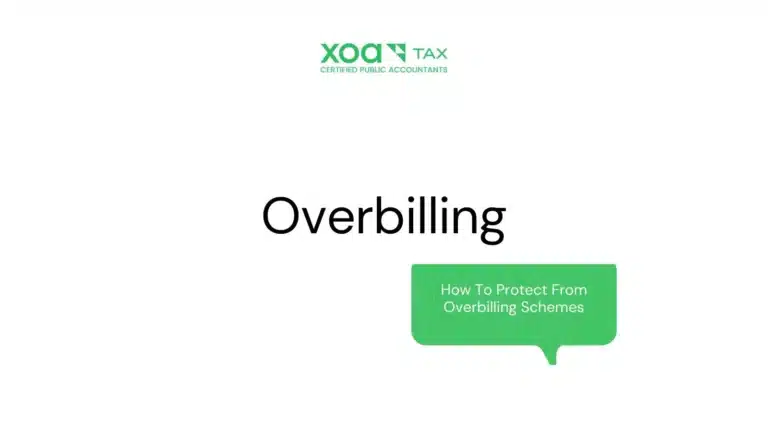



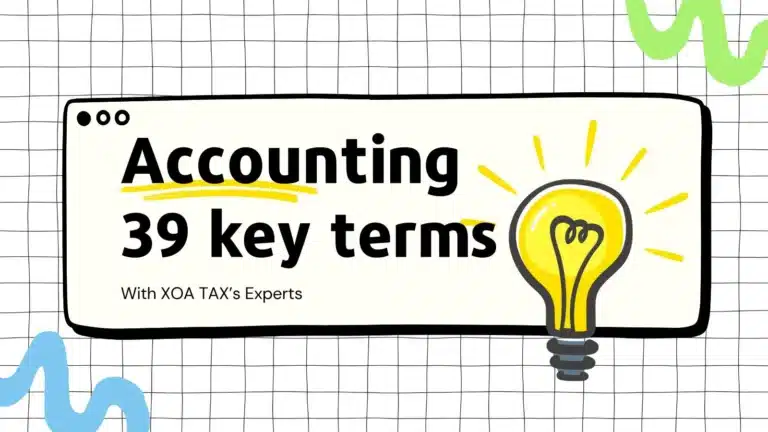


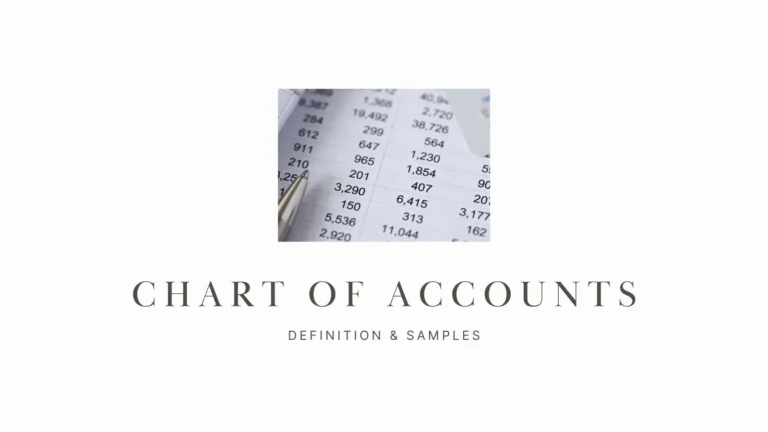









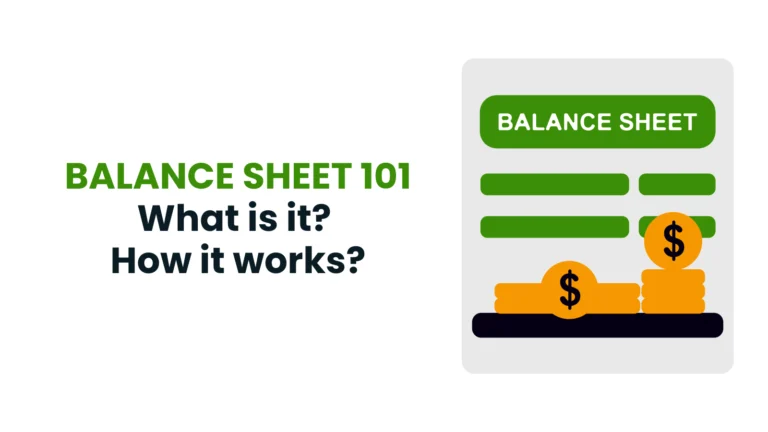






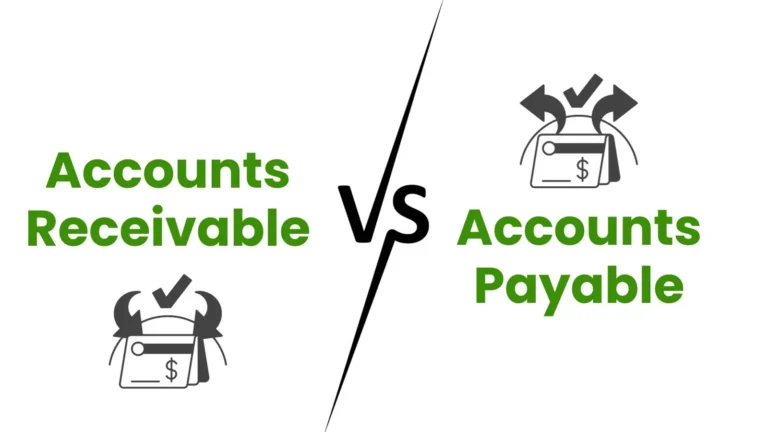

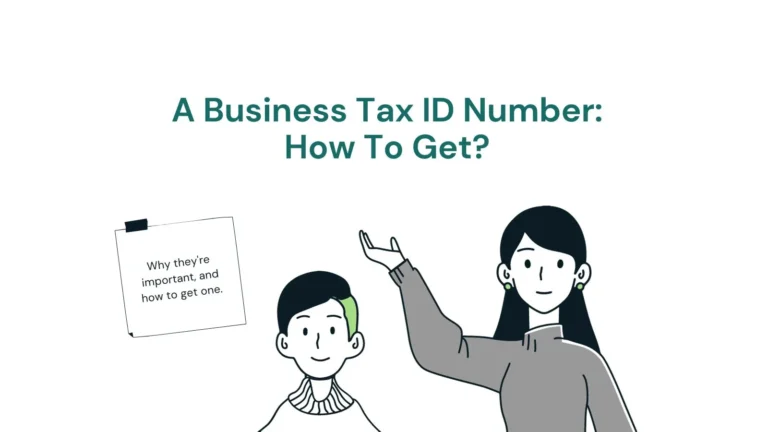

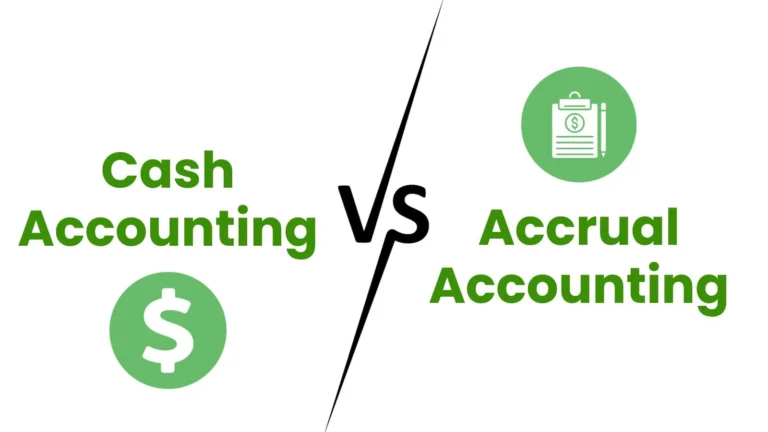




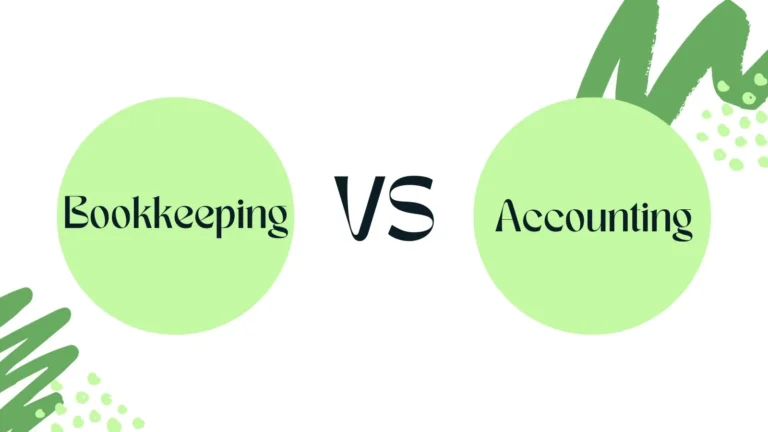






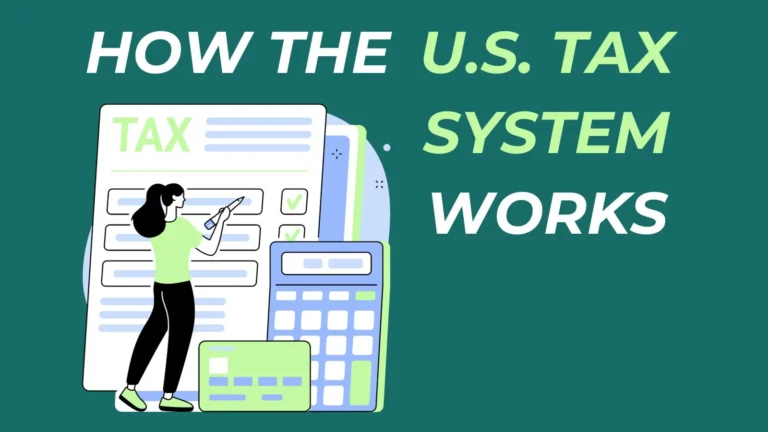











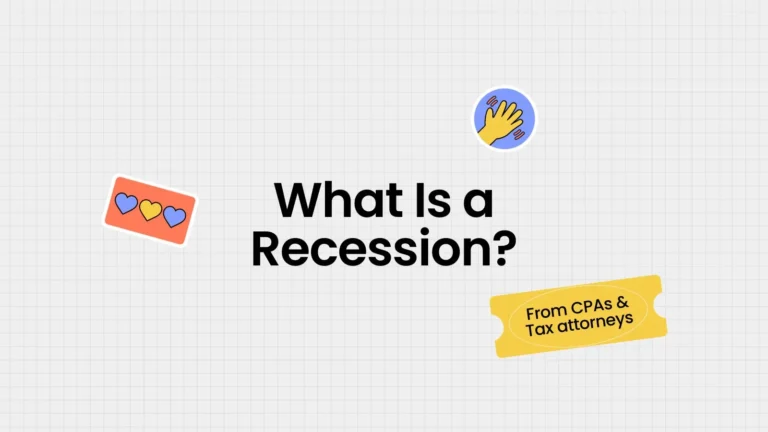


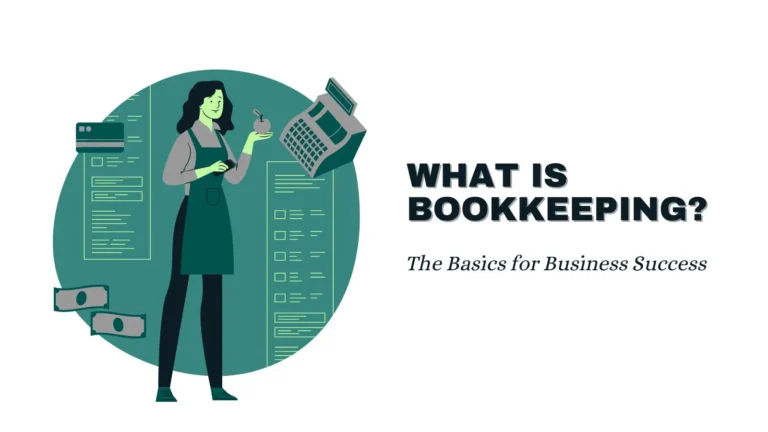



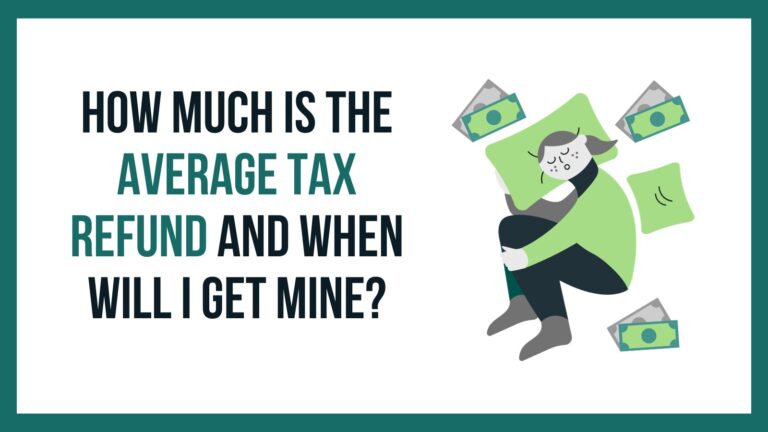
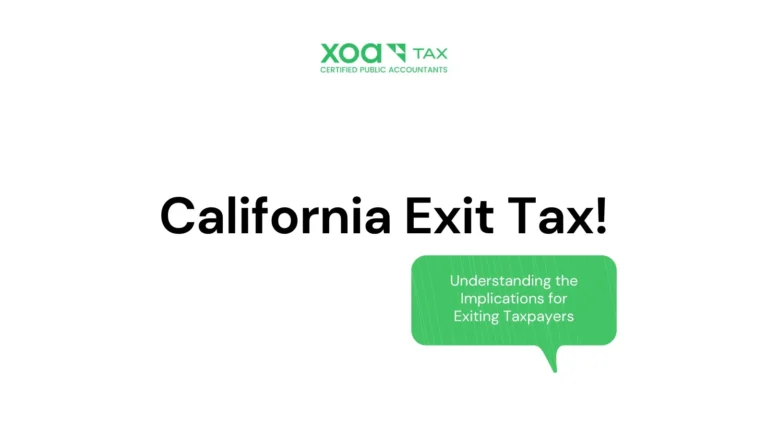
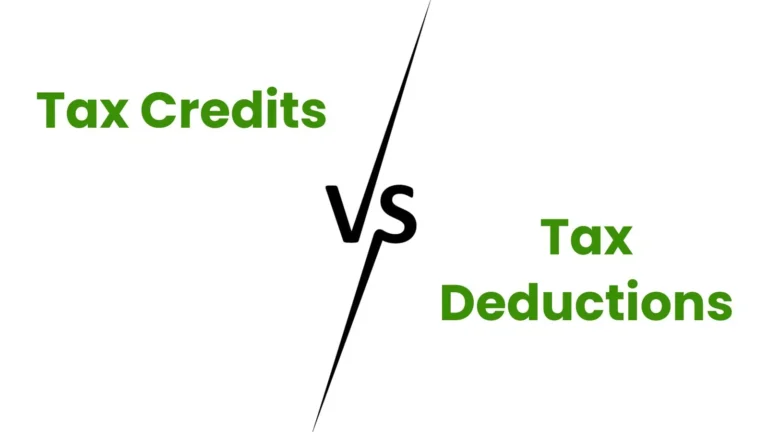


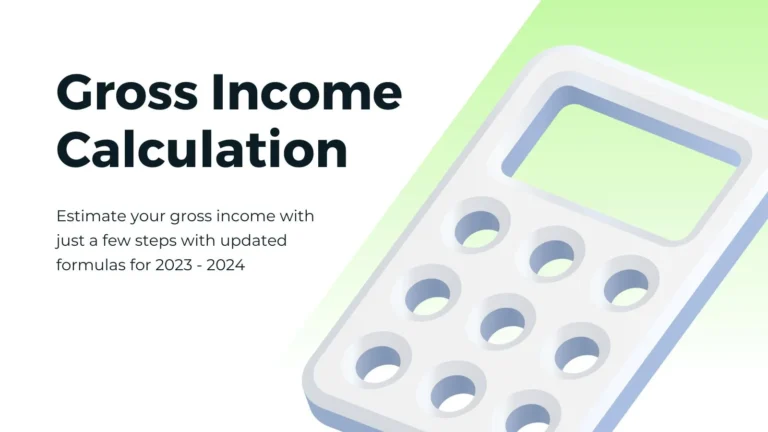
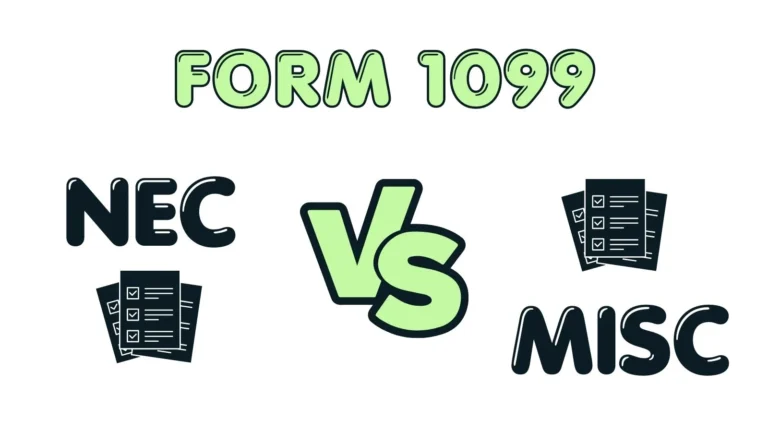


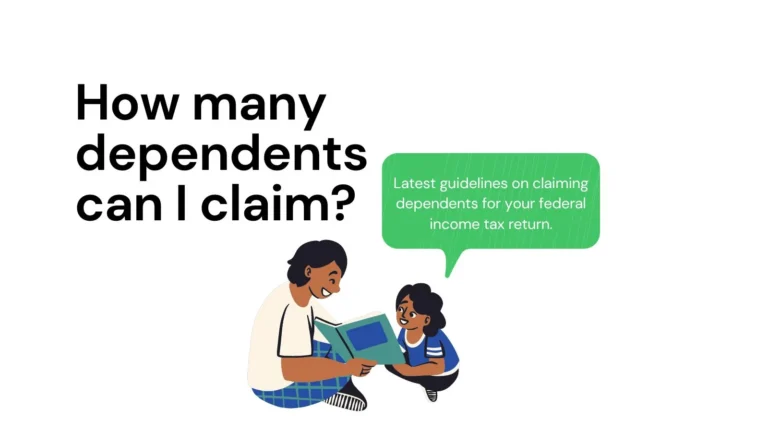

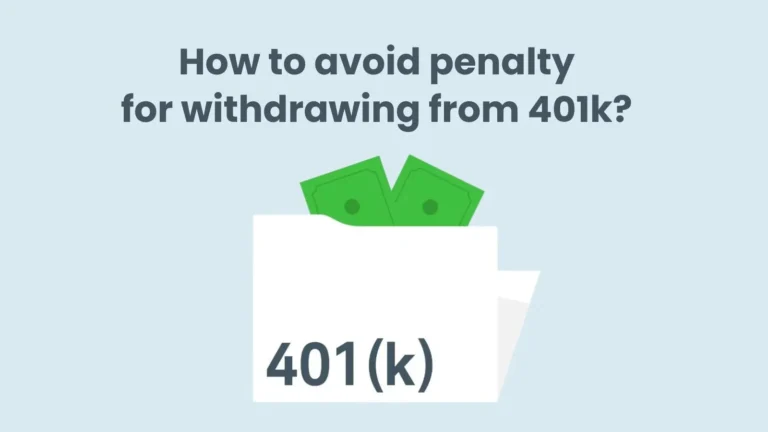
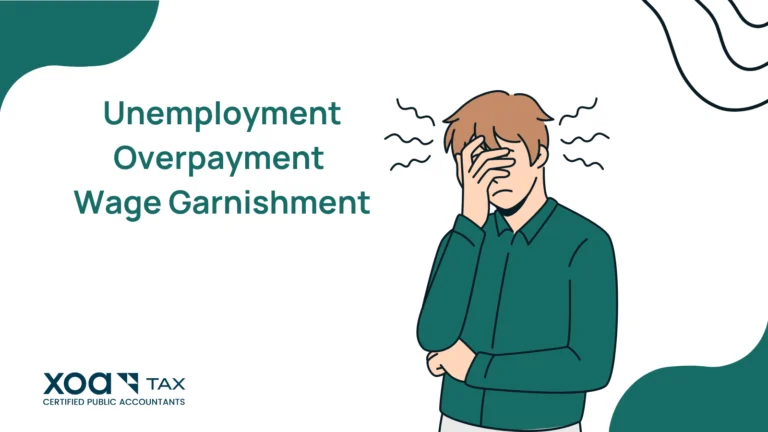







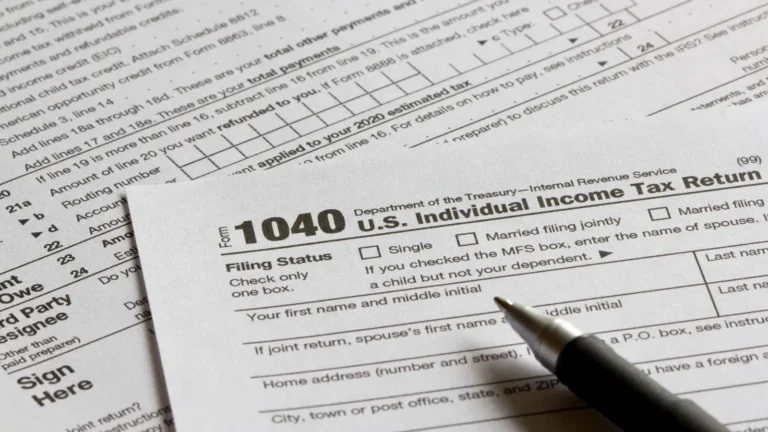





 anywhere
anywhere  anytime
anytime